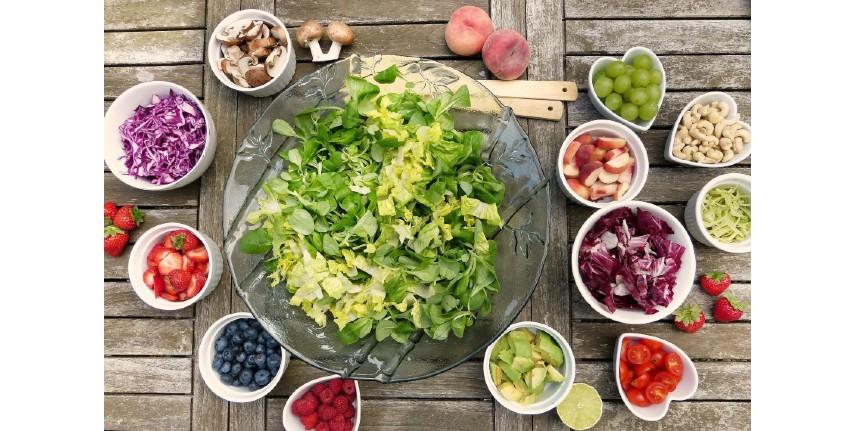
Submitted by K.L. Hlaba on Fri, 26/03/2021 - 17:26
In the lead-up to the UN Food Systems Summit 2021, a pilot Policy Boot Camp addressed consumption patterns among vulnerable adolescents in Sweden.
The COVID-19 pandemic has brought into sharp focus the need for systems thinking in policy making. With this came the realisation of the need for new policy informing methods that can be implemented virtually, at a fraction of the usual cost and with less time needed.
On 2nd March, the Government of Sweden and EAT organised a Policy Boot Camp, led by Dr Nazia Mintz Habib from the University of Cambridge who developed this innovative action-research method. Dr Habib, a policy systems expert, combined Engineering systems thinking tools with policy analysis methods to generate, examine and validate policy ideas virtually by the beneficiaries with the stakeholders in a time constrained environment. With her expert team from the Resilience and Sustainable Development Programme (RSDP), the Policy Boot Camp was delivered over four hours.
The Policy Boot Camp is designed to strengthen the thinking capacity and reasoning of participants in a short burst of time. This is to help them to endure and appreciate the challenges related to driving policy and systems level changes. By bringing together a diverse group of stakeholders in the decision-making process, the policy boot camp is a co-creation forum for improved understanding about how to create solutions.
A group of 50 young people, aged 15-25, from 26 countries participated in the Policy Boot Camp, alongside 10 prominent experts representing academia, the culinary arts, retail chains, non-profit organisations, and the government itself to help Sweden innovate its public food policy. This Policy Boot Camp contributed towards the end goal of the UN Food Systems Summit 2021.
Among various good solutions proposed by the young participants, ‘Cool Meal Science’, an interactive course to be made mandatory for high school students caught the attention of the participating stakeholders and experts. The idea is that the course will connect school lunches with school science courses to educate adolescents about the science of food, nutrition, and the preparation and selection of food. As a part of the next step, the winning group will meet Swedish Secretary of State, Per Calleberg, and all of the proposed solutions were taken back to the Swedish Ministry of Enterprise and Innovation following the event.
Experts praised the youth for their engagement with the problem in all its complexity, and for their consideration of the importance of participation, inclusivity, and diversity. According to Professor Lucia A. Reisch, a behavioural economist and social scientist at the Copenhagen Business School: “Besides creating actionable output for policymakers and policy shapers, it is also fun, inclusive, easy to implement, attractive, social, and timely. It adds a new and effective approach to the toolbox of innovative policy making that can also be applied during times of social distancing or dried out funds for in-person creative processes.”
The Policy Boot Camp is a tried and tested virtual method that is able to address a wide range of complex policy challenges, including geopolitical ones such as the safe repatriation of Rohyinga refugees. EAT and the University of Cambridge plan to hold more Policy Boot Camps on topics of interest to stakeholders in the forthcoming months, in the context of the Food Systems Summit and beyond.
Text adapted from a press release provided by Ingvild Haugen from EAT Foundation.
Image credit: pixabay.com

